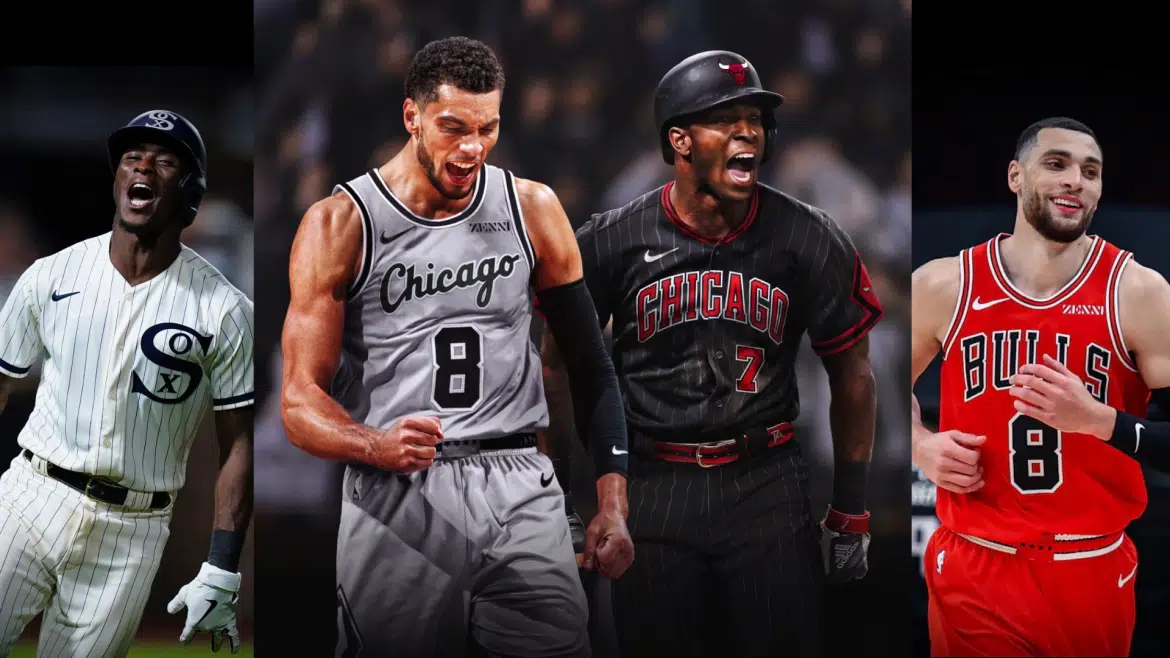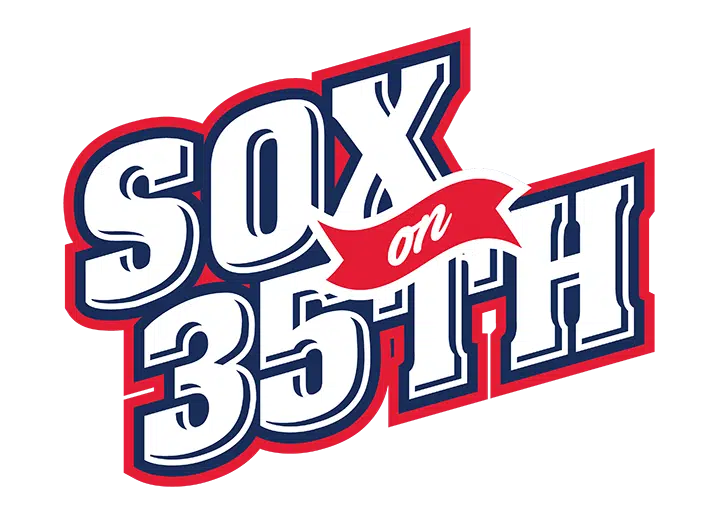At first blush, Tim Anderson and Zach LaVine have a lot in common. They have each been the face of their Chicago franchise for the last few years. They were both selected to their league’s most recent all-star team. They’re two of the most beloved athletes in Chicago right now. They’re friends. Even in two of the most talented sports leagues in the world, each’s skillset is built around his athleticism. But the similarities do not stop there.
White Sox and Bulls fans may not remember this — or they may choose not to remember — but not too long ago, both Anderson and LaVine were also heavily scrutinized by their own fanbases. For example, following a mediocre 2018 season in which Anderson hit .240/.281/.406 (albeit with 20 home runs and 26 stolen bases), White Sox fans generally questioned whether he was truly the team’s long-term answer at shortstop. Some wanted the team to sign Manny Machado not so that he could play third base, but so that he could play shortstop and move Anderson to center field.
I still remember defending Anderson in group chats at the time. My premise was that even if his offense was underwhelming, he nonetheless presented a rare power/speed combination from a defense-first position and, on that note, played what (even as of now) was easily the best defensive season of his career. Even if he was just a two-win player, you could live with that as an eight or nine-hitter on a good team (especially on his team-friendly contract). Most importantly, I highlighted that he was 25-years-old and even younger than that in baseball terms since he was focused on basketball until late in high school. Clearly, there was plenty of room to grow, as we all know what happened next.
Zach LaVine, on the other hand, played his first year with the Bulls after recovering from a torn ACL, and he clearly was rusty. The Bulls, however, were forced to make a decision on his future that offseason, and they decided to sign him to a four-year, $78 million deal. The contract was universally ridiculed, which I never really understood. Even random seafood restaurants went viral for getting in on the jokes.
The Bulls bet on LaVine because he was a then 23-year-old, super athletic scorer with a tremendous work ethic. Moreover, the Bulls didn’t exactly have anyone else worth paying at the time. It took a while for LaVine to improve his reputation, but in hindsight, his contract was an absolute bargain, as he evolved into one of the league’s most efficient scorers and took his defense from borderline unplayable to adequate. (Part of LaVine’s reputation was also a direct result of him playing on rosters without any quality teammates, which speaks to a larger problem of how basketball players tend to be evaluated based on factors outside of their control, but that’s a topic for another time.)
Today, LaVine is an all-star co-leading a team that has the best record in the Eastern Conference and is top-five in the NBA in net rating. Much like with Anderson, Bulls fans that disliked him probably do not think about the times that they considered him to be an overpaid “empty calories” kind of player. It is certainly strange that both Anderson and LaVine were far from universally praised as recently as two-to-three years ago, but I haven’t seen anyone else compare their career arcs, which are collectively a testament to how quickly perceptions can change.
I’m not writing this to say “I told you so” about the two — believe me, I have plenty of misses, too (there’s still time for Trubisky, right?). In terms of takeaways, I suppose I have two thoughts to offer. First, it’s truly fascinating to me not just how quickly opinions can change, but also how quickly one can change an opinion and seemingly forget about their old one. And more importantly, in a sports context, I think Anderson and LaVine serve as reminders to not judge players too soon in their careers — especially when they have some sort of unique ability/trait paired with a strong work ethic.
Follow us on social media @SoxOn35th for more!


